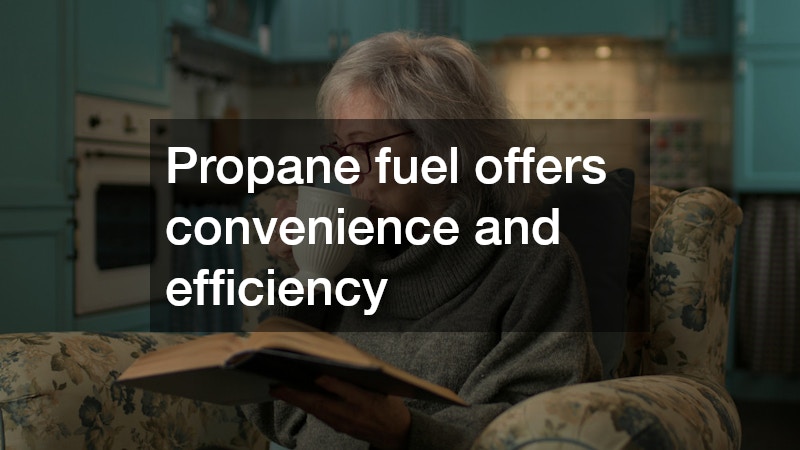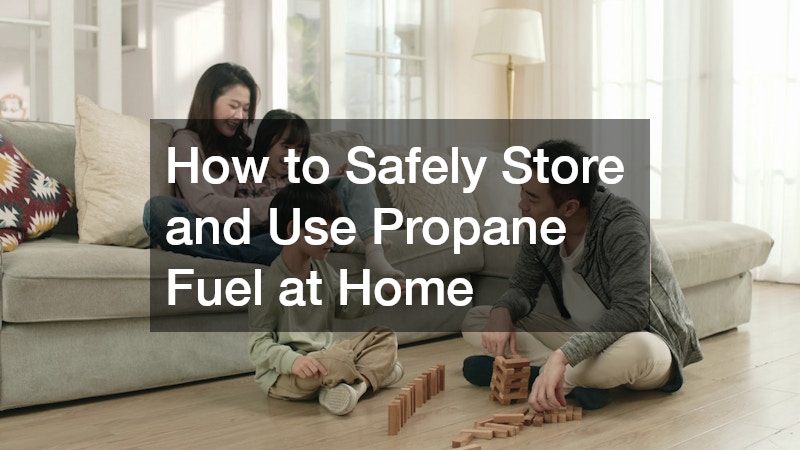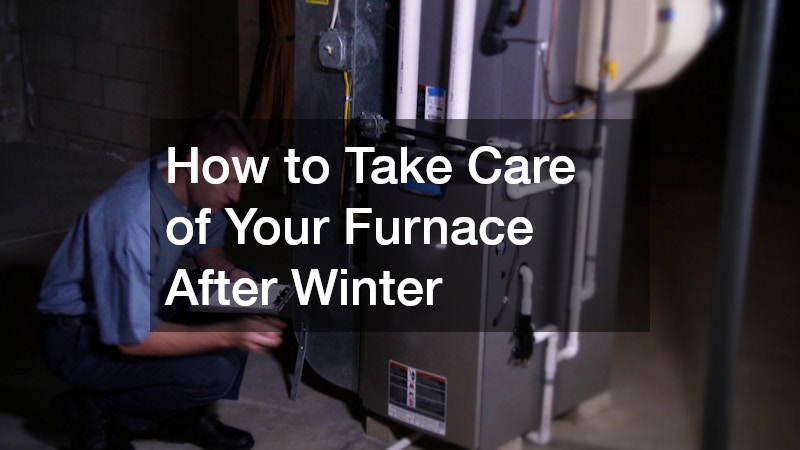Propane fuel is a popular energy choice for homeowners because it is versatile, efficient, and convenient. It powers a wide range of household appliances, from water heaters and stoves to outdoor grills and backup generators. Its clean-burning properties and high energy output make it an appealing alternative to electricity or oil.
However, propane fuel is highly flammable, and improper handling can result in dangerous leaks, fires, or even explosions. Homeowners who use propane need to understand proper storage, handling, and emergency procedures to ensure the safety of their family and property.
Understanding Propane Fuel
Propane fuel is a liquefied petroleum gas, or LPG, that is stored under pressure in cylinders or tanks. When released, it vaporizes into a gas that can be burned for heat or energy. One of the benefits of propane is its efficiency: it produces a significant amount of heat per unit, making it cost-effective for many applications. It is commonly used for heating homes, fueling gas fireplaces, cooking on stoves and grills, and powering generators during outages. While propane is convenient, its very nature makes it potentially hazardous. Because it is heavier than air, leaking gas can accumulate in low areas such as basements or crawl spaces, creating a serious fire hazard. Homeowners must respect propane as a fuel source and handle it responsibly at all times.
Safe Storage Practices
Proper storage is one of the most critical aspects of propane safety. Cylinders should always be stored outdoors in well-ventilated areas, away from windows, doors, and vents. Indoor storage is extremely dangerous, even in garages or basements, because propane can settle near the floor and create an invisible hazard. Cylinders must always be kept upright to ensure the safety valve functions correctly and to prevent liquid propane from escaping. Heat, direct sunlight, and open flames should be avoided, as elevated temperatures can increase internal pressure and cause the cylinder to rupture.
Regular inspection is also essential. Homeowners should check propane cylinders for signs of rust, corrosion, or damage before each use. Leaks can be detected with a simple soapy water test: bubbles form at the site of a leak. Any damaged or leaking cylinder should never be repaired at home; instead, a certified propane professional should evaluate it. When transporting propane cylinders, always keep them upright and secure to prevent tipping or movement that could damage the tank or connections. Avoid leaving cylinders in hot vehicles for extended periods, as heat can increase pressure inside the tank.
Using Propane Safely
Safe usage of propane fuel is just as important as proper storage. Homeowners should always follow the manufacturer’s instructions for any propane-powered appliance, whether it is a stove, water heater, or generator. Appliances should be operated in well-ventilated areas to avoid carbon monoxide buildup, which can be deadly. Before using a propane appliance, inspect hoses, regulators, and connections for signs of wear or leaks. If a leak is suspected, turn off the propane supply immediately and seek professional assistance.
It is also crucial to turn off propane appliances when they are not in use and never leave them unattended. Even a small spark or open flame can ignite escaping gas. Keeping a fire extinguisher nearby is an added precaution, providing homeowners with a way to respond quickly in the event of a fire. Additionally, it is wise to educate all family members on basic propane safety, including recognizing the smell of propane, understanding emergency procedures, and knowing how to safely shut off a cylinder.
Emergency Preparedness
Even with careful handling, accidents can occur. Homeowners should have a clear emergency plan in case of a propane leak or fire. If a leak is detected, evacuate the area immediately and avoid actions that could create sparks, such as turning on lights or using phones indoors. Contact emergency services or the propane supplier from a safe distance outside the home. Being prepared with an emergency plan, including knowing evacuation routes and having emergency contact numbers readily available, can make a significant difference in preventing injuries or property damage.
Propane fuel offers convenience and efficiency for a variety of residential needs, but it requires respect and vigilance. Proper storage, careful handling, and proactive maintenance are key to preventing accidents. By keeping propane cylinders upright in well-ventilated areas, inspecting them regularly for damage or leaks, and using appliances responsibly, homeowners can enjoy the benefits of propane fuel while protecting their family and property. Educating household members, maintaining safety equipment, and having an emergency plan in place further reduces risks. With these precautions, propane remains a reliable, safe, and valuable energy source for any home.




